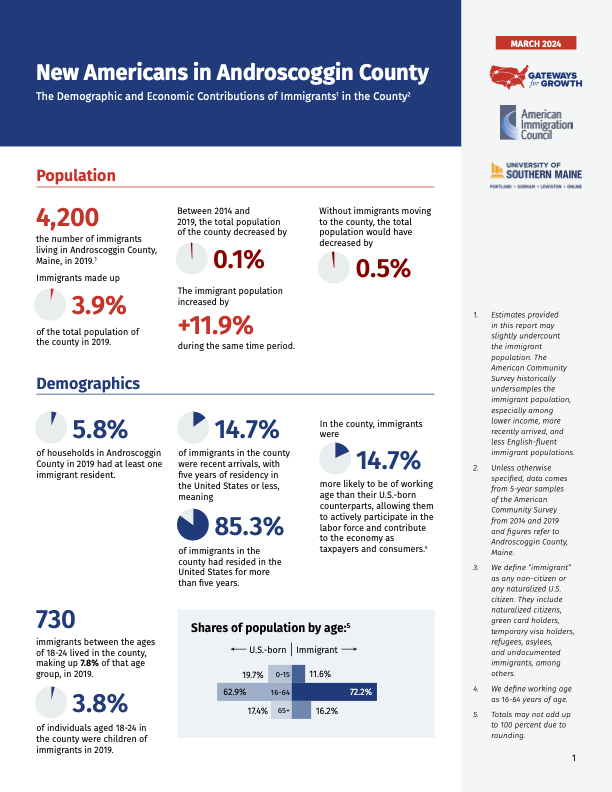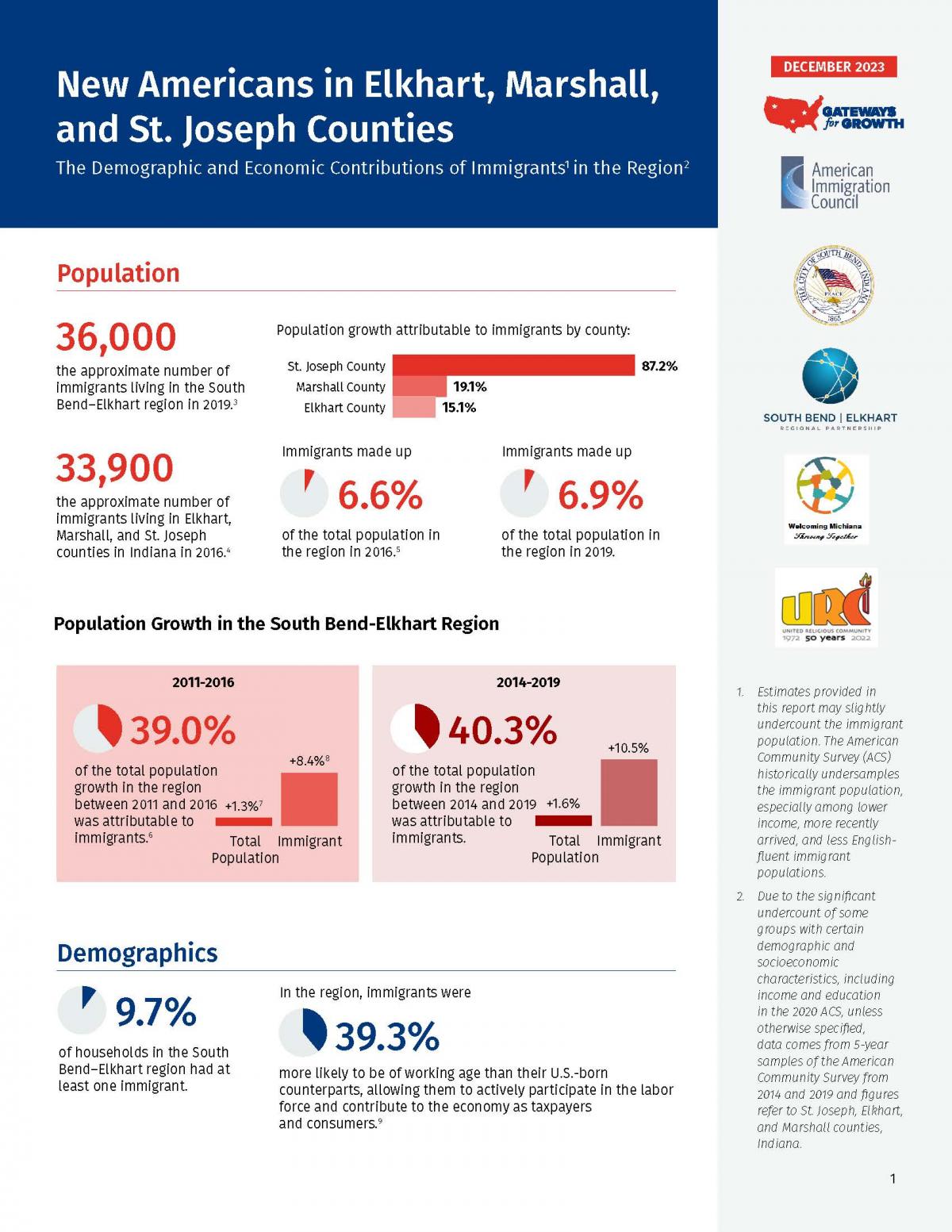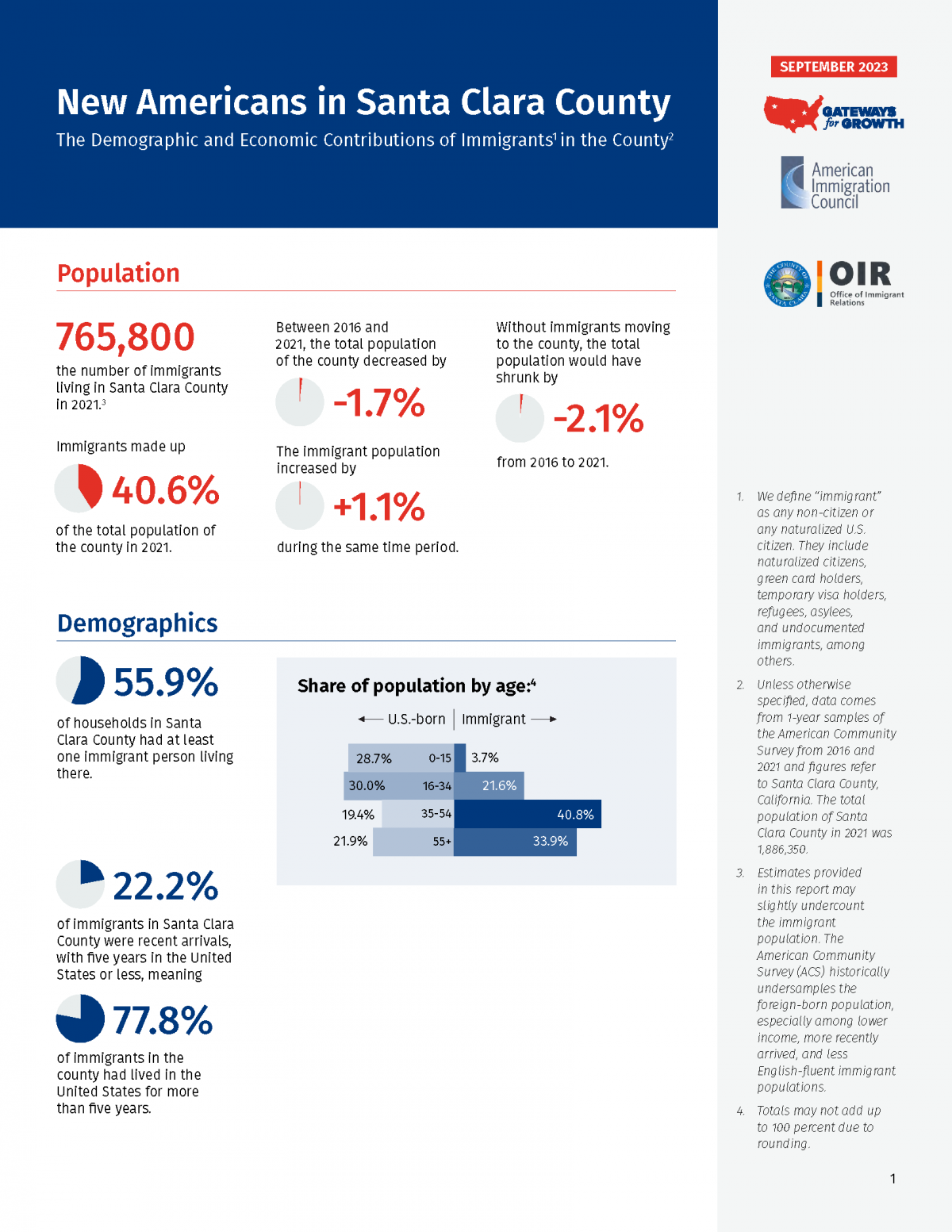Egyptian Immigrant is an Advocate in Baltimore County
Noureen Badwi
Student at Georgetown and a Paralegal at Venable LLP
When Noureen Badwi was two, her family immigrated to the U.S. from Egypt under her mother’s scholar visa. Her mother, who was the valedictorian of a 12,000 person class at Cairo University and later became a professor in the U.S., worked tirelessly so that Badwi and her twin brother could have greater opportunities. Badwi, still learning English, faced difficulties with her identity in her early education. But by the time she reached middle school, she was studying college-level calculus and in high school, tutoring the same kids who’d once doubted her.
“As an immigrant, I had a lot to prove,” she says. “I wouldn’t have achieved nearly as much if it wasn’t for that part of my identity.”
Now at age 20, Badwi has already achieved more than anyone could have asked of her. At 16, she became the youngest state-wide public official in the U.S., representing nearly 900,000 students as the Student Member of the Maryland State Board of Education. “I was voting on the state’s $7 billion education budget before I was old enough to have a driver’s license,” Badwi recalls.
Badwi remains active in politics and advocacy, having served as President of the Young Democrats of Maryland, Chair of the Maryland Youth Advisory Council, and even organizing amicus briefs in cases before the U.S. Supreme Court. She also founded Baltimore County Youth Speaks, a grassroots coalition advocating for police reform, and through her work at Campaign Zero, a national police reform organization, played an instrumental role in writing the landmark bill that repealed Maryland’s Law Enforcement Officers Bill of Rights. “Immigrants don’t usually get a seat at the table when it comes to policing,” she says. “I wanted to change that.”
Badwi is grateful for the education she had in Baltimore County’s public school system, and for the mentoring and support she’s received from teachers and local leaders along the way. Still, she says more needs to be done to support immigrants. Members of her family experienced racism, especially in the aftermath of 9/11, but Badwi says many new arrivals have an even harder time. “In a way, sometimes I feel guilty. While I worked very hard, I was also afforded a great deal of luck and opportunity. There are many immigrants, that no matter what they do, or how hard they work, are unable to overcome the systemic challenges they face,” she says.
Now a student at Georgetown and a paralegal at Venable LLP, the state’s largest law firm, Badwi plans to become a lawyer. Recently, she received U.S. citizenship—an incredibly meaningful moment for her. “It was one of the happiest days of my life,” she says. “It confirmed that I belong here. But it also reminded me how lucky I’ve been—and made me even more determined to work to support other immigrants, too.”





